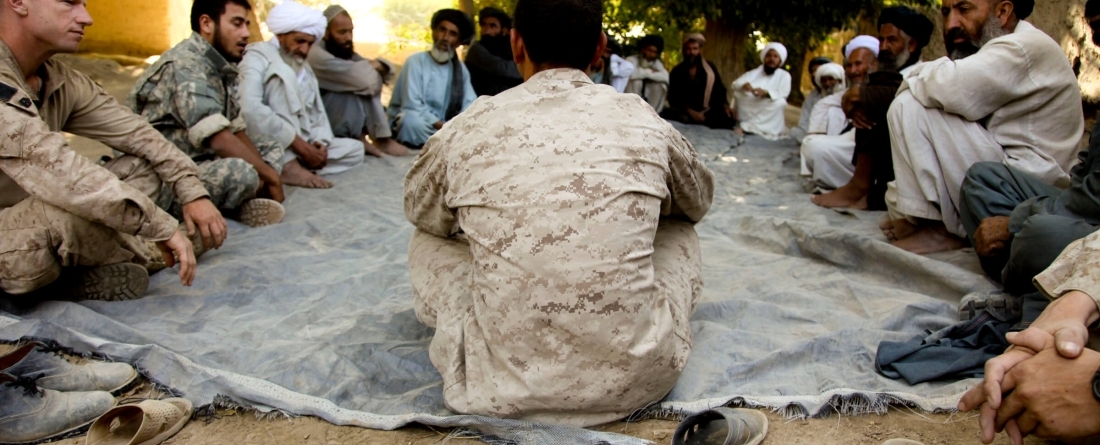
As violent conflict shifts markedly from the inter-state arena to civil wars, the need for sustained global engagement to foresee, mediate, and prevent civil conflict grows.
CISSM employs a holistic approach to this program of study because the mechanisms and microdynamics that drive civil conflict remain complex and are closely intertwined with political and development processes. Civil violence forces security policies to expand beyond military operations to include broader questions of social and economic interventions.
Project Details
This CISSM research agenda works to more clearly specify the actors involved in sub-state conflict. By painting a richer picture of the preferences, opportunities and motivations of violent and non-violent participants, this program of research lays the groundwork for more sophisticated analysis about how to address the root causes of civil conflict, initiate crisis response measures and what do in the aftermath of a conflict to support reconstruction. Along these lines, CISSM researchers are also focused on developing more refined measures of social instability and conflict to better capture sub-national trends and opportunities for mediation.
CISSM researchers looking into the internal dynamics of insurgent actors, ask questions such as how are some insurgent groups like the Islamic State able to fight with high levels of military capacity while others cannot? Similarly, why, and how, do some non-state actors remain actively engaged in keeping ceasefires as a part of sustained peace-building processes? This research agenda also seeks to better specify insurgent military and political behavior, understanding the range of strategies employed by violent actors.
Other CISSM researchers look beyond the violent actors to understand how activist groups, civilians and global patterns mitigate (or accelerate) conflict dynamics. Among these research trends is a focus on the role of civil society organizations in dampening the onset of civil conflicts. While a robust civil society can facilitate peace the same institutions have also been linked to armed insurgencies, suggesting that civil society structure or specific organizational characteristics may affect conflict occurrence. CISSM is also focused on the way in which large-scale processes such as climate change influence the possibilities for social stability. For example, it is likely that scarcity introduced by climatic patterns—in combination with poorly managed state responses—will motivate collective action on a major scale. By carefully specifying the mechanisms through which climate change can contribute to unforeseen externalities, this research will help to more clearly specify the complex pathways through which global trends have sub-national consequences.
